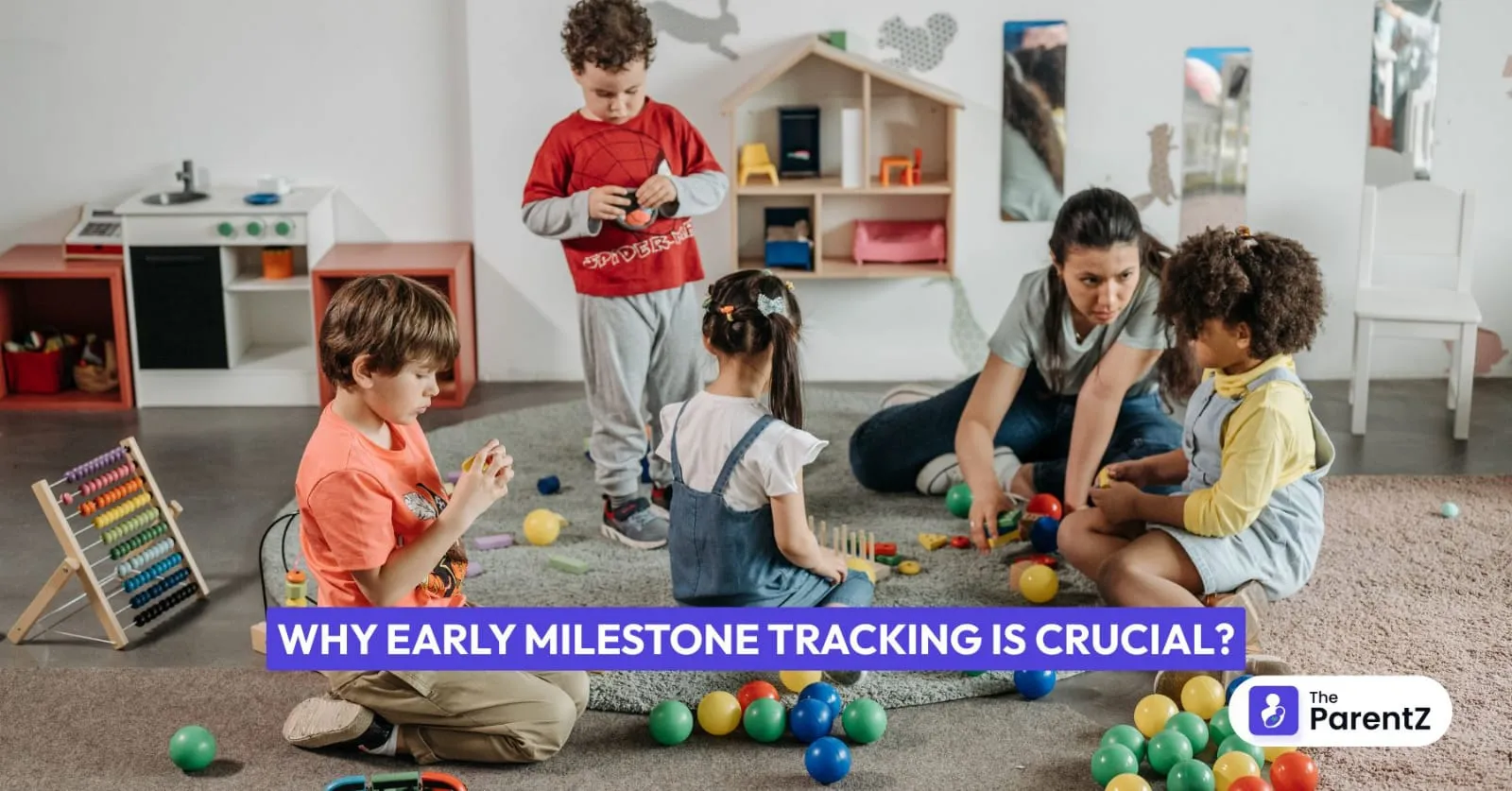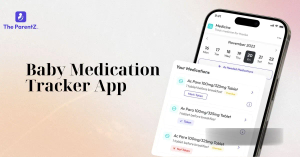Parenthood is filled with joyful firsts and a fair share of late-night questions. You may wonder: Is my child meeting their milestones? Should I be tracking every new skill? So, today, let us break down exactly why early milestone tracking is so important, as it often helps families tune in, feel confident, and celebrate each child’s unique progress.
What Are Milestones?
Milestones are guideposts: moments in a child’s growth that typically happen around certain ages, like sitting up, smiling at familiar faces, or pointing to favorite toys. While there is a general timeline, milestone tracking is not about rigid deadlines or comparisons. Instead, it works best as a gentle way to check in and spot a child’s natural pace across physical, social, cognitive, and communication skills.
Why Is Early Tracking So Important?
1. Early Detection Makes a Difference
The first few years are a powerful window for brain development. Catching delays early often means that simple interventions—like speech activities or hands-on play—can help a child make rapid improvements. Acting sooner greatly increases the likelihood of closing gaps and supporting continued learning.
2. Reduces Parental Uncertainty
Parents often wonder, “Is my child doing what they should?” Early milestone tracking offers concrete answers and reassurance. Rather than relying on memory or guesswork at doctor’s appointments, families can share details about exactly when skills appeared, or what hasn’t happened yet.
3. Prepares for School and Beyond
Early progress lays the foundation for future school success. Skills like listening, making friends, following routines, and grasping basic instructions all grow from strong early development. Tracking gives a head start in supporting these building blocks.
4. Turns Everyday Moments into Milestones
It is not only about concerns. Marking each new achievement—from silly dance moves to naming shapes—helps families celebrate small wins and fosters deeper connection. These moments become cherished stories and memories.
What Happens If Tracking Is Overlooked?
Missing regular tracking can allow subtle delays to go unnoticed, sometimes until a child enters preschool or kindergarten. This can make it harder for children to catch up and may lead to frustration or extra stress for both parent and child. Without records, conversations with pediatricians may also be less specific, making it harder to pinpoint where support is needed.
Common Challenges and How Parents Can Overcome Them
- Comparison Pressure: It is easy to compare children, especially with so many updates from family or online groups. However, each child grows at a different pace. Milestones should be used as gentle markers, not a race.
- Mixed Advice: Well-meaning friends and family may overwhelm you with different opinions. Sticking to trusted, expert-backed tracking guides and your own observations helps simplify decisions.
- Busy Schedules: Life with kids is busy. Skipping a few entries is common; the key is to keep returning when you can and celebrate the moments you do record.
- Worry About “Over-Tracking”: Some parents fear that watching too closely will add pressure or anxiety. In reality, tracking is a positive tool that provides information for timely encouragement, not criticism.
The Direct Benefits for Your Child
Supports Individual Growth
Tracking highlights a child’s interests and strengths. This allows parents to support not only what needs improvement, but also what brings their child natural joy and skill.
Maximizes Early Brain Power
Children’s brains are especially flexible in the first five years. Milestone tracking ensures the best chance for early help when young minds are most ready to learn.
Strengthens Family Bonds
Celebrating firsts together (however big or small) builds joyful memories and strengthens relationships.
What Tracking Looks Like Day-to-Day
- Take note of everyday moments: a wave, a first word, a scribble on paper.
- Record observations in a notebook or simple app, making it easy to share with your pediatrician.
- Use checklists or digital reminders to remember when to look for specific skills.
- Celebrate each new milestone, even if it looks different from another child’s journey.
Simplifying the Process: One Tool for Every Need
Families today can benefit from tools that help organize and celebrate progress. TheParentZ Baby Growth & Health Tracker is designed with these real needs in mind:
- Parents can record height, weight, and head circumference, and instantly compare them to World Health Organization growth charts.
- The tracker provides visual growth curves, analytics, and the ability to export reports for a child’s doctor.
- Interactive milestone checklists from birth to age five guide families, and reminders help them stay on track with regular check-ins.
- Expert-backed activities, tips for every stage, symptom and medicine logs, vaccination records, daily routines, nutrition ideas, and even sleep tracking—everything comes together in one easy place.
By making tracking simple and interactive, parents can stay confident and prepared, rather than overwhelmed.
Conclusion
Early milestone tracking is not about perfection or pressure. It is about awareness, celebration, and support. Each child travels their own path; the real power comes from tuning in, staying curious, and sharing both the joys and questions with people who care. With small, regular check-ins and the help of simple tracking tools, parents can watch their children succeed, step by step, milestone by milestone, memory by memory.





Be the first one to comment on this story.